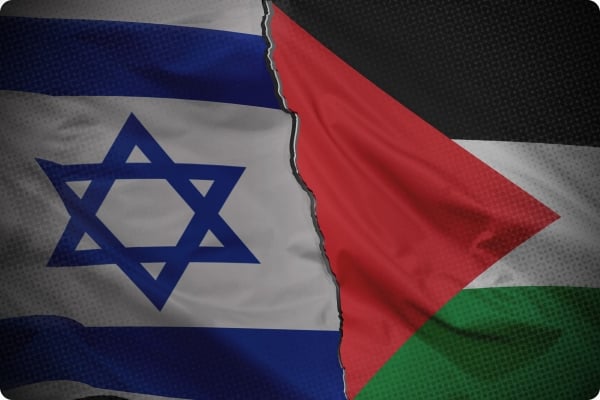In the midst of ongoing conflicts and violence in various parts of the world, leaders of a prominent sociology group are taking a stand against calls for a ceasefire resolution. The group, composed of esteemed scholars and experts in the field of sociology, believes that violence and conflict are not simply random acts of aggression, but deeply rooted social issues that require a more nuanced and comprehensive approach.
At a recent meeting of the group, members discussed the complex nature of conflicts and how they are often fueled by underlying social, political, and economic factors. They argued that a simple ceasefire resolution would only serve as a temporary Band-Aid solution, and that a more sustainable approach must address the root causes of violence and conflict.
One of the leaders of the group, Dr. Sarah Patel, emphasized the importance of understanding the social dynamics at play in conflicts, stating that “we cannot simply stop violence by declaring a ceasefire. We must understand the underlying issues that are driving people to violence in the first place.”
The group also discussed the role of power dynamics and inequality in perpetuating conflicts, pointing to the need for a more equitable distribution of resources and opportunities as a key factor in promoting peace and stability.
While some have criticized the group for not supporting immediate measures to stop the violence, the leaders of the sociology group stand firm in their belief that a ceasefire resolution alone is not enough. They are calling for a more comprehensive and holistic approach that addresses the complex social issues that underlie conflicts.
In a statement released by the group, they stated that “we cannot afford to simply patch up the wounds of conflict. We must work towards a more just and equitable society that addresses the root causes of violence and conflict. Only then can we hope to achieve lasting peace.”
As the debate over ceasefire resolutions continues, the leaders of the sociology group are committed to advocating for a more nuanced and comprehensive approach to addressing conflicts. They believe that by understanding and addressing the social factors at play, we can move towards a more peaceful and just society for all.


